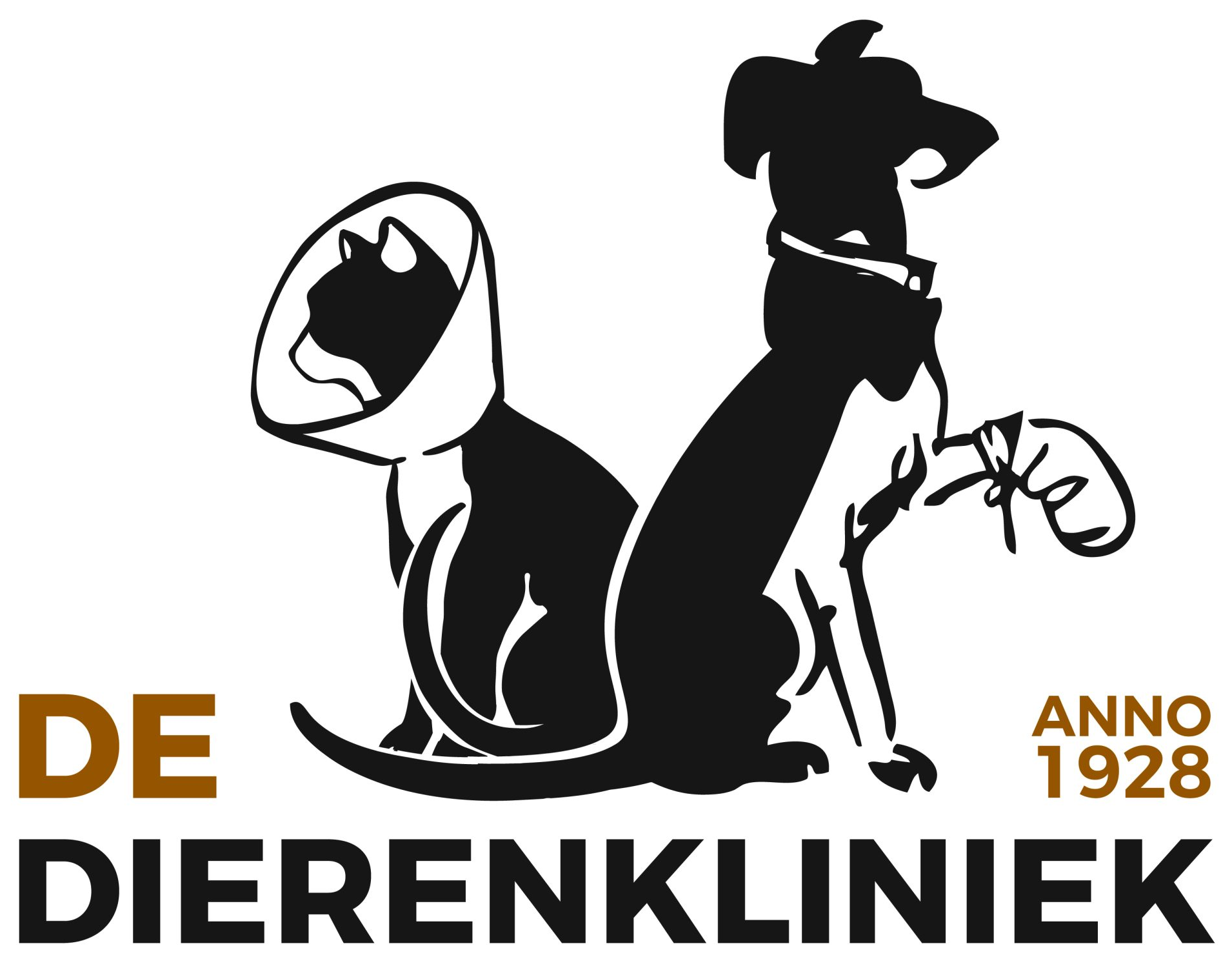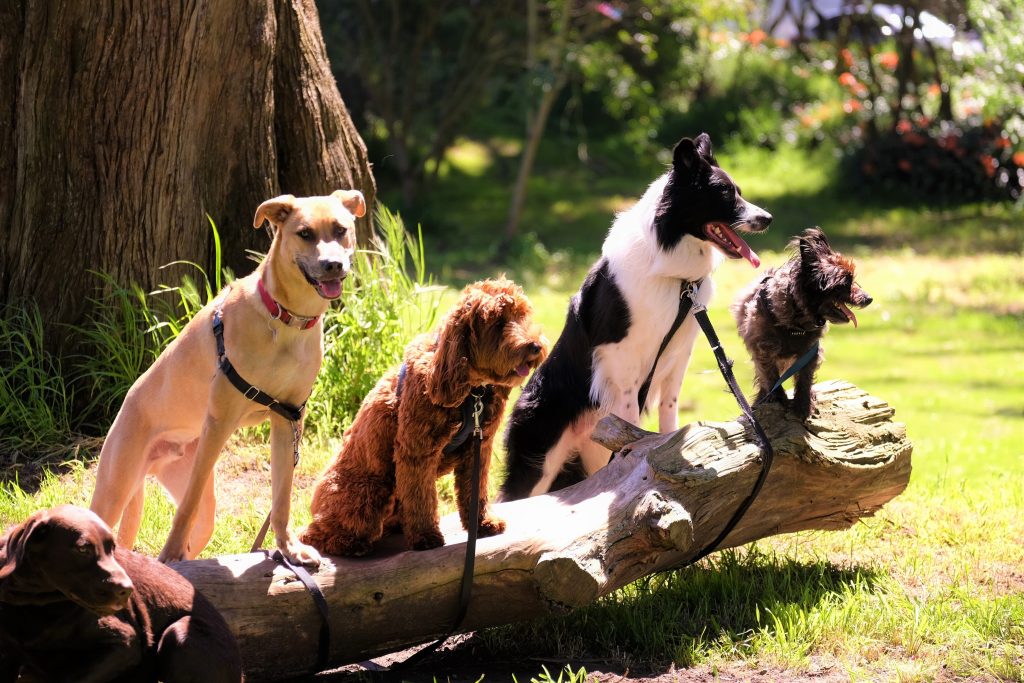What questions should you ask yourself?
Do you want a puppy or an adult dog?
Most people assume that when you get a dog, you choose a puppy. But is this the best choice for you? Puppies require a lot of attention in the first phase of life and need a lot of training. You are largely responsible for shaping the future character of the dog. For example, the puppy must be house-trained, but also learn to deal with all things in the environment. This is called socialization. In addition, they must of course be trained to listen, which requires discipline from you as the owner. Raising the puppy will continue for a long time, because a dog is only really adult at 2 to 3 years old. Do you not find all this a problem or just fun? Then a puppy is a good option for you. On the other hand, if you have less time, are less mobile or simply do not feel like bringing a baby into the house with all the associated side issues, then an adult, already trained dog may be a better choice for you.
You can get an adult dog from a shelter, through rehoming or through a rescue organization for dogs from abroad. What you have to take into account in this case is that some of these dogs have a negative history. For example, they have been neglected, abused, or have lost confidence by being placed outside the home several times. This requires a lot of dedication and patience from you as the owner, and experience with dogs is often a requirement.
Of course, the above is not always the case. You can also choose an adult dog that does not have instructions and whose character traits are known so that you can determine whether the dog is suitable for you.
Do you want a female or a male dog?
It is good to look at the differences between a male and a female dog per breed. Certain breed characteristics, such as alertness, are more present in a male dog. General differences between a male and a female dog include the build of the dog, dominance and the heat in a female dog. Do you already have other dogs at home? Then also take into account what suits them best.
Which dog fits into your family?
Of course, a dog should not only suit you, but also the rest of the family. Do you have children or do you want children in the future? Then choose a dog that gets along well with children. If you still have small children, then you may have less time for raising a puppy or for the amount of exercise that a certain breed needs. If you choose a very active dog, then it may accidentally knock the children over.
Which dog suits your living situation?
Your living situation is very important when choosing a dog. Do you live in the city or in the countryside, do you have to climb stairs to get to your house, are there any outlet facilities around your house? So take into account the size of the dog, the energy level and the accessibility. If you choose a breed type that is not a friend to everyone and that needs a lot of space around it, then a busy city is not the right place to live for this dog. Also, some dog breeds are very vocal, this can be less practical if you have a lot of neighbors.
How much time do you have for your dog?
All dogs require attention and time. They need to be walked several times a day, fed and need love and attention. But one breed requires more of your time than another. For example, certain breeds need a lot of exercise, others need more training and challenge and others need intensive coat care. Ask yourself how much time you can and want to free up for your dog.
Other useful questions
In addition to the above questions, there are a number of additional points you can consider:
- If you have other animals at home, think carefully about which dog can get along with them
- Are you (or someone in your family) allergic to dogs?
- Read up on the average costs of owning a dog; consider the costs of a vet, food, parasite control , (puppy) training, dog walking services and grooming salons.
- Please note that certain breeds are more likely to have hereditary conditions such as hip problems or dental problems
- Also consider the consequences of having a dog; for example, who will look after the dog if you have to leave suddenly? And how do you do that during holidays?
What should you pay attention to when purchasing a dog?
You have made a choice and know which dog suits you. Now you have to find the dog. If you get a puppy from a breeder, we advise you to pay attention to a number of things. You may run the risk of buying a puppy from a puppy mill (unscrupulous trader) who does not have animal welfare in order. Even if the puppy looks so cute, we advise you not to do so. The LICG has developed a handy checklist that contains all the important points you should pay attention to. View it here and, if necessary, take a printed copy with you when you visit the breeder.
We wish you lots of fun with your new dog! If you have any questions, please do not hesitate to contact us.


